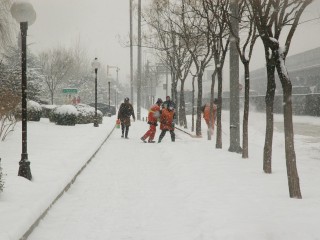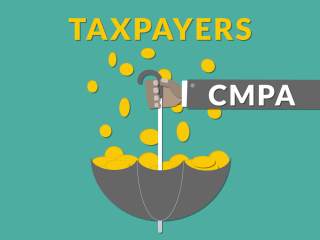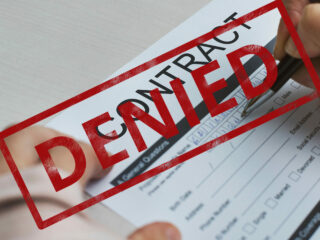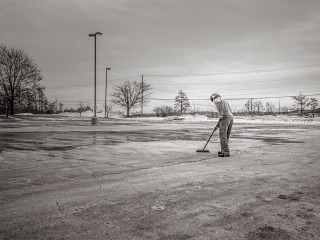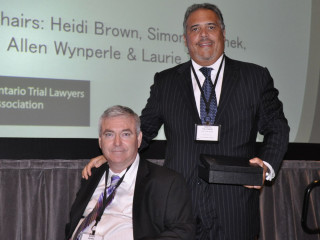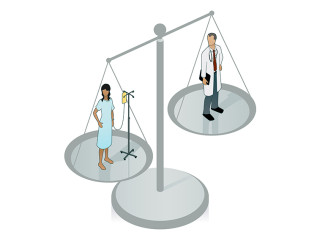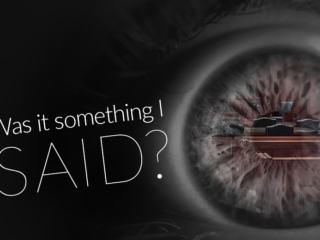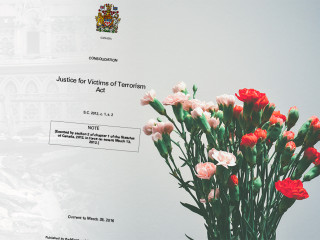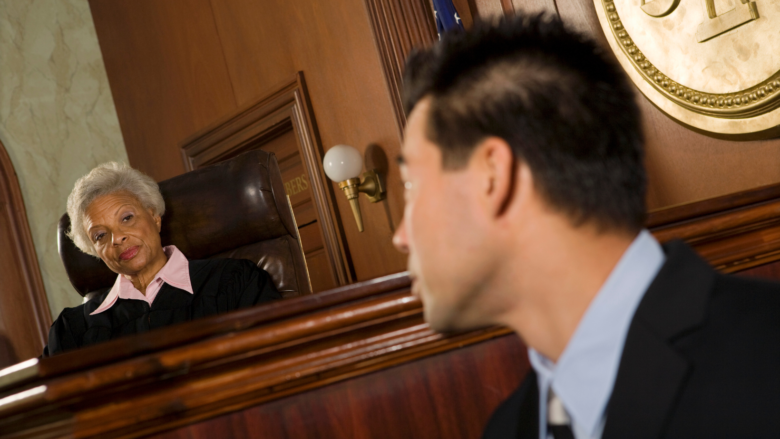The plaintiff sued her home insurer for damages arising out of a house fire. The matter proceeded to trial. At trial, the insurer called two witnesses, both former employees of the insurer and for whose evidence the insurer had paid. The plaintiff sought to bar each witness from testifying on the basis that they were being financially compensated by the defendant for their preparation time and trial attendance. One witness was being paid $50 per hour and the other $125 per hour.
The plaintiff argued that it was an abuse of process to pay lay witnesses for their participation in a trial. Specifically, it would be unfair for the economically stronger party to be able to pay lay witnesses and that it would ‘…slant[s] the trial process in favour of TD.’ Counsel relied on Rule 7.2-8 of the Rules of the Professional Conduct.
The defendant argued that, while it would be inappropriate to pay a completely ‘lay’ witness, the witnesses in this case were not strictly lay witnesses. Rather, as former employees, they were professional witnesses who had to review voluminous materials before testifying, and paying them to prepare for and attend trial is no different than if they were still employees of the insurer (in which case, of course, they would be paid for doing so).
Justice Healey dismissed the plaintiff’s motion. In doing so, she noted:
- When employed by the insurer, these witnesses were involved in the decision-making process and provided important advice to the insurer during the course of the claims in question, including the investigation of fraud by the plaintiffs arising out of the fire claim. As a result, and contrary to the plaintiff’s argument, these witnesses would have been witnesses captured by Rule 7.2-8 of the RPC had they still been employed by TD.
- As a result of the above, and while the designation was generally reserved for lawyers, doctors, accountants, etc., the witnesses could be classified as ‘professional’ witnesses.
- There was a lack of caselaw on the subject and that which existed was mainly derived from costs decisions where one party would seek to recover the costs of paying witnesses to prepare for and attend trial. From that caselaw, the following factors could be discerned:
- Whether the witness is in the employment of the party seeking the testimony. Compensating a witness who is already a paid employee is likely inappropriate, unless it can be established that there is some basis for the employer or employee incurring significant, additional expense for preparation time;
- The amount of preparation time actually required. This will depend on the nature of the case, the degree of the witness’ involvement, the volume of the potential evidence, and the length of time since the witness has had access to the documents related to the subject matter of the litigation and/or contact with the party calling that witness. Payment for preparation not required or exceeding that which would be normal or expected for the witness’ involvement in the case may call into question the reason for the payment;
- Whether the payment to a witness is likely to enhance the quality of their preparation and thus enhance trial efficiency and/or advance the search for the truth; and
- Whether the witness is already receiving compensation for services that includes an allowance for testifying, calling into question the reason for the payment.
Justice Healey also noted that paying witnesses to prepare for trial should not be a regular occurrence, the motivation for payment should be considered, and the fact that any witness was paid should always be disclosed to the opposing parties well in advance of trial. While such payment can be a factor in assessing credibility, when paid, if appropriate, the credibility of that witness’ evidence should not presumptively be called into question.
Lastly, and further motivating Justice Healey was trial efficiency. Courts benefit when witnesses are well prepared for trial. Witnesses who must review voluminous documents cannot be expected to do so while on the witness stand, nor should they be asked to prepare extensively based strictly on their own goodwill.

